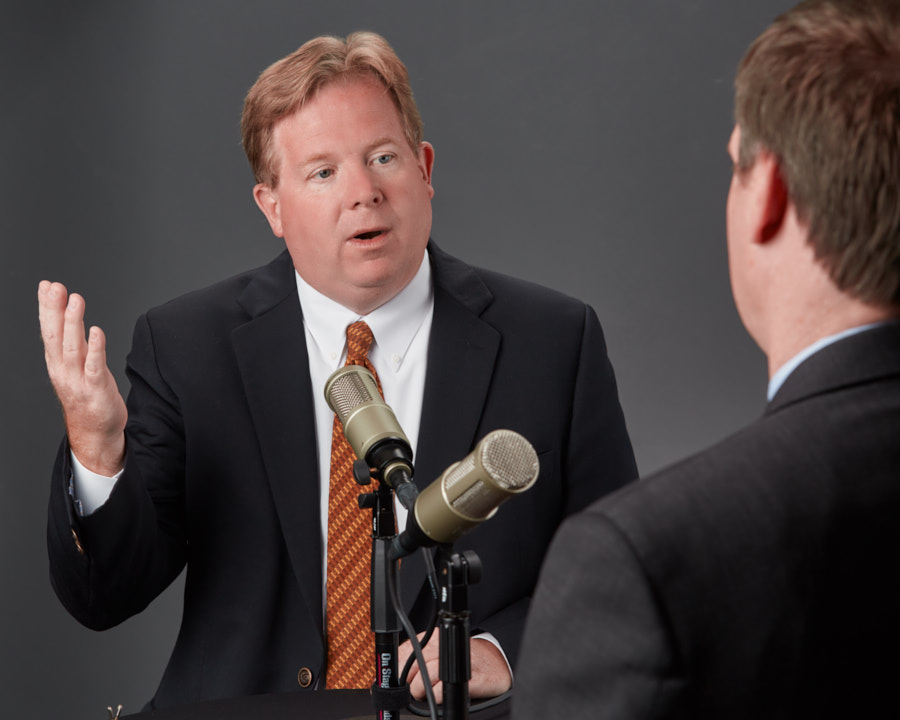Episode 196 - Yes, you can have a FULL-TIME W2 job and own and operate a 143 unit building from across the country
/Tony Lin lives and works in the San Jose area. He has a full time job as a computer software engineer. A few years ago he wanted to invest in single family homes outside of California. His business partner, Helen Lin, introduced him into the concept and benefits of multifamily investing. After seeing how the numbers worked and how you can make money in apartments…he was hooked. He invested, as a passive investor, in 10 apartment transactions. Helen introduced him to successful apartment syndicators Ken & Wind Yue. The Yue’s own over 2000 units. Ken & Wind took Tony and Helen under their wing and helped them sponsor their first deal. They acquired a stabilized, class B-/C+ property in Arlington, Texas in 2018. Tony explains how he structured their first transaction and how he operates the property from over 1700 miles away.
To contact Tony Lin: LINK.MULTIFAMILY@GMAIL.COM
Are you interested in learning more about how Multifamily Syndications work? Please visit www.spiadvisory.com to learn more about Michael Becker’s Real Estate Syndication business with SPI Advisory LLC.














